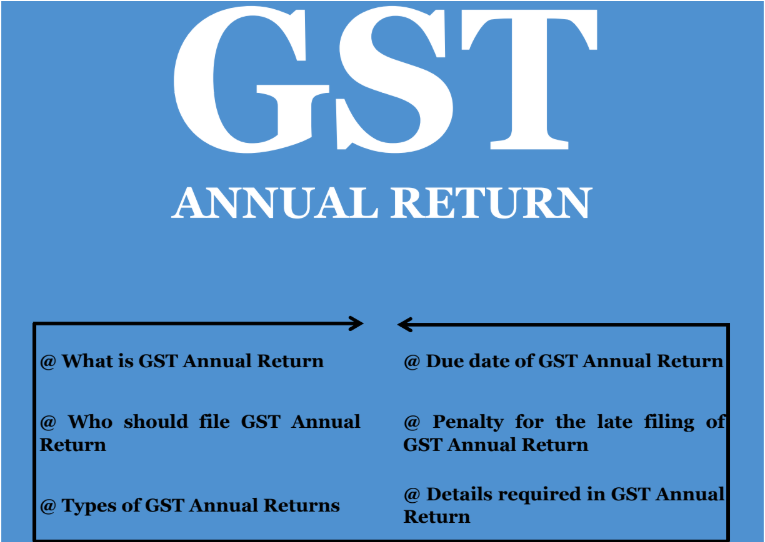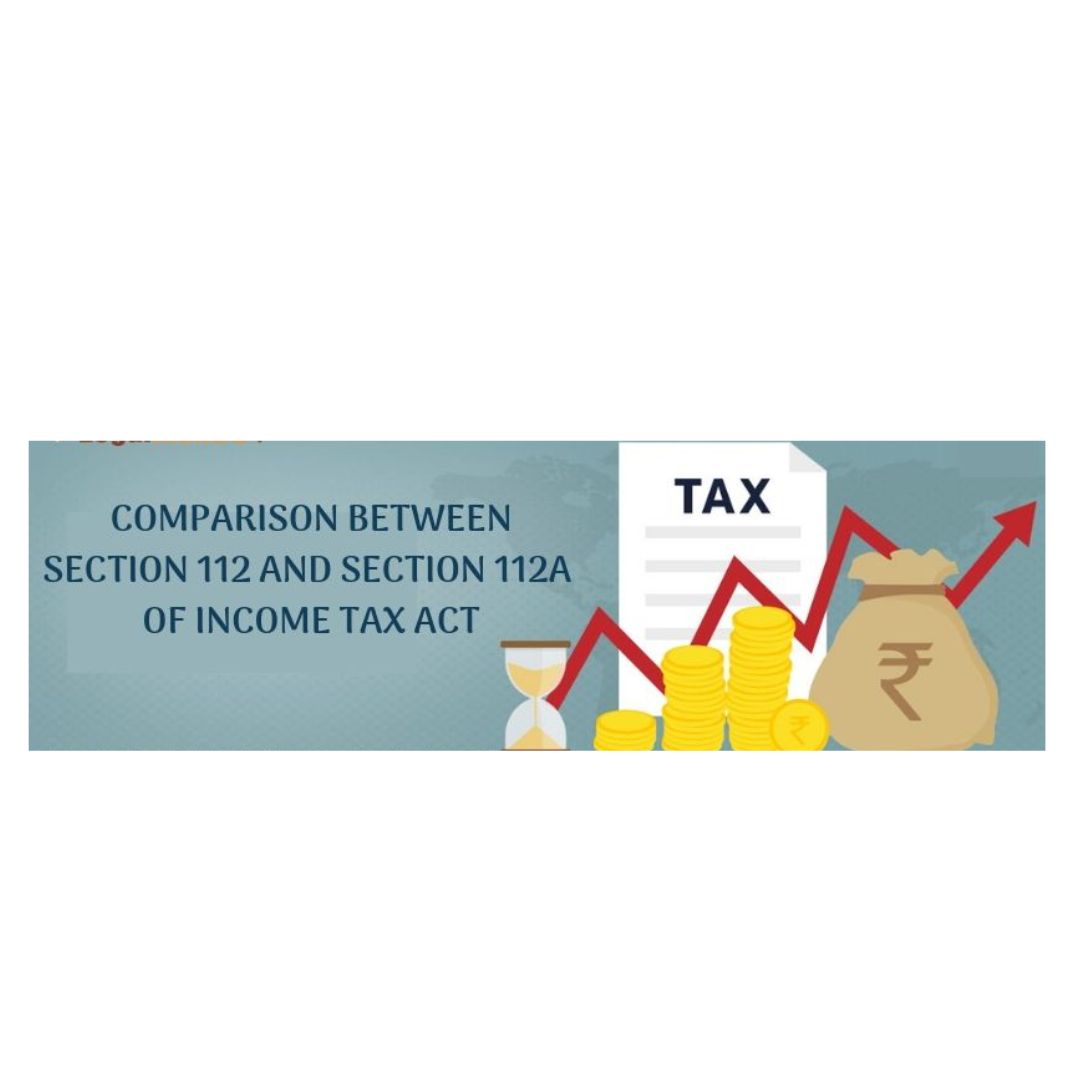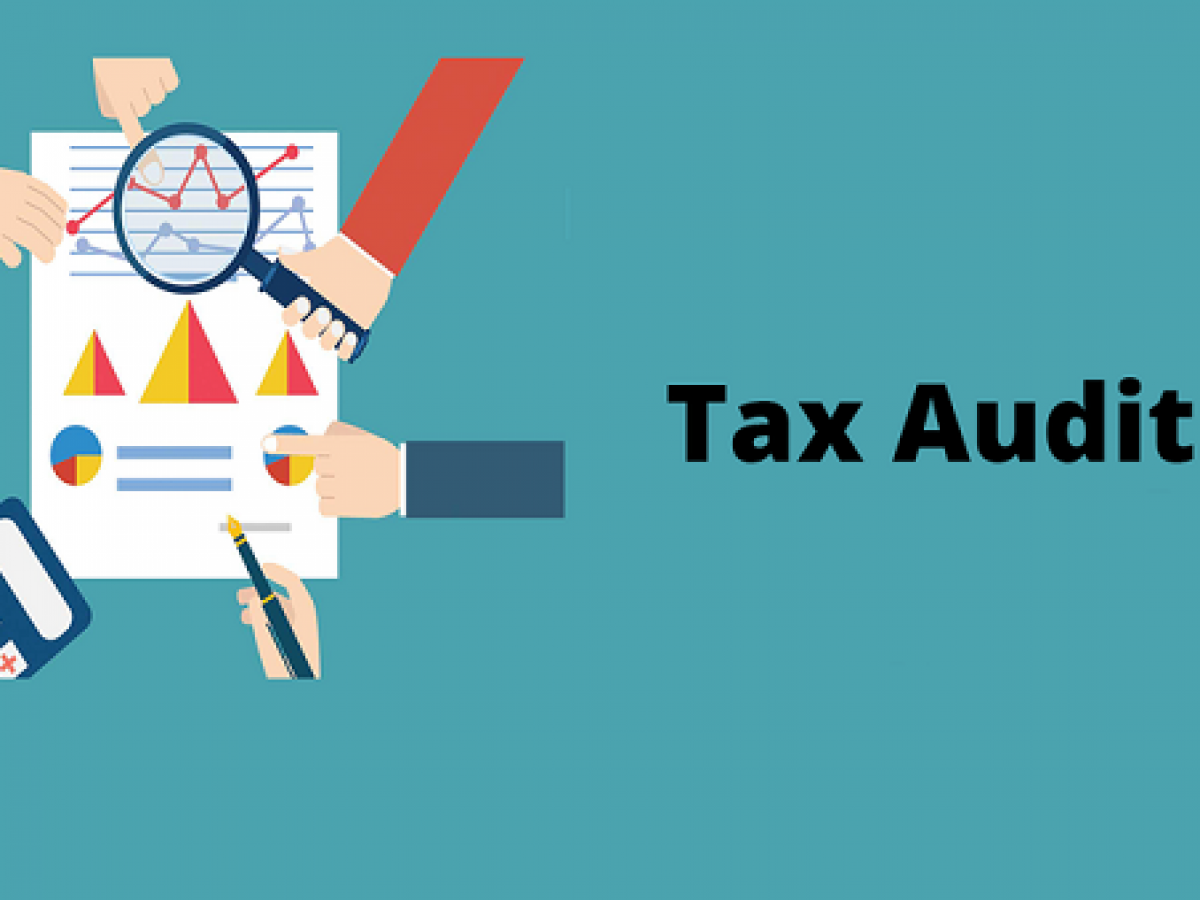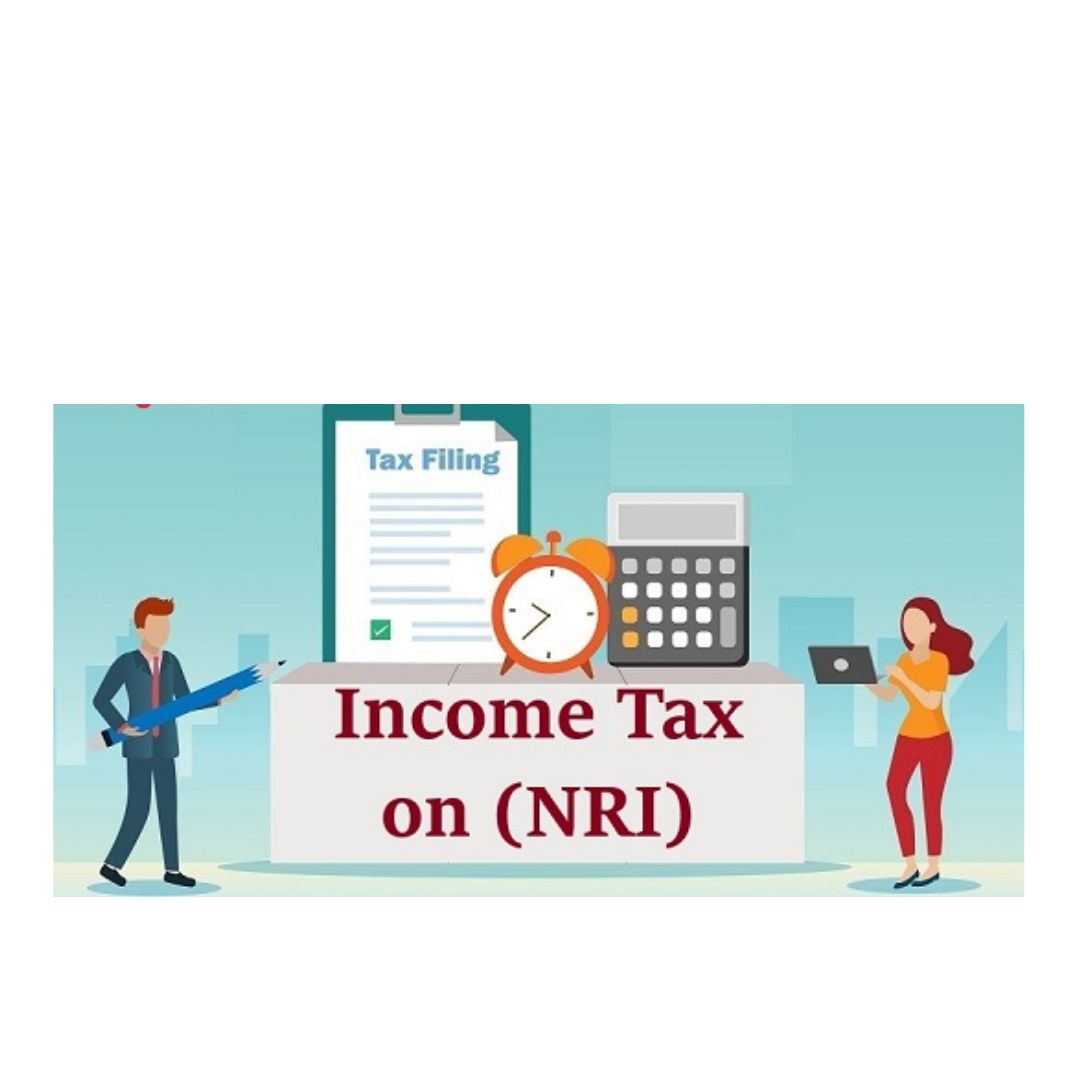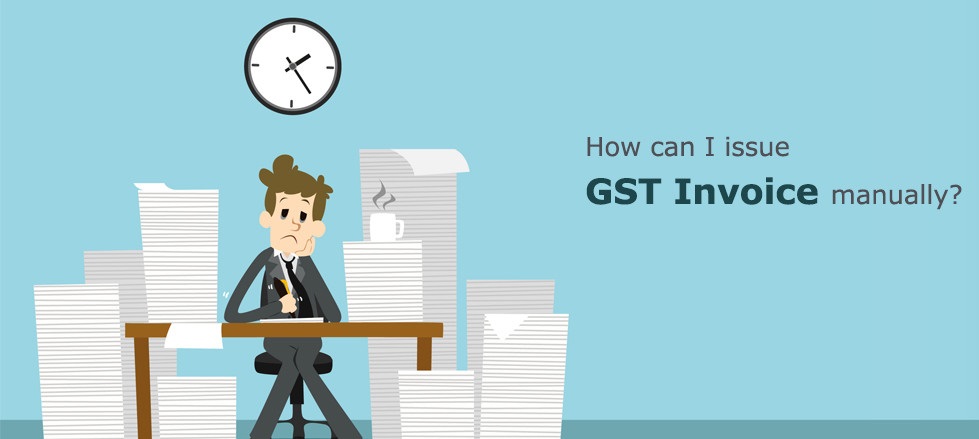What are the new changes in annual GST return filing?
Annual GST Return Annual GST Return, The Government of India has recently introduced some changes to simplify and streamline the process of filing annual GST returns for taxpayers. Here are the key changes: Single return form: Previously, different forms were use for filing annual returns based on the taxpayer category. Now, a single annual return… Read More »
